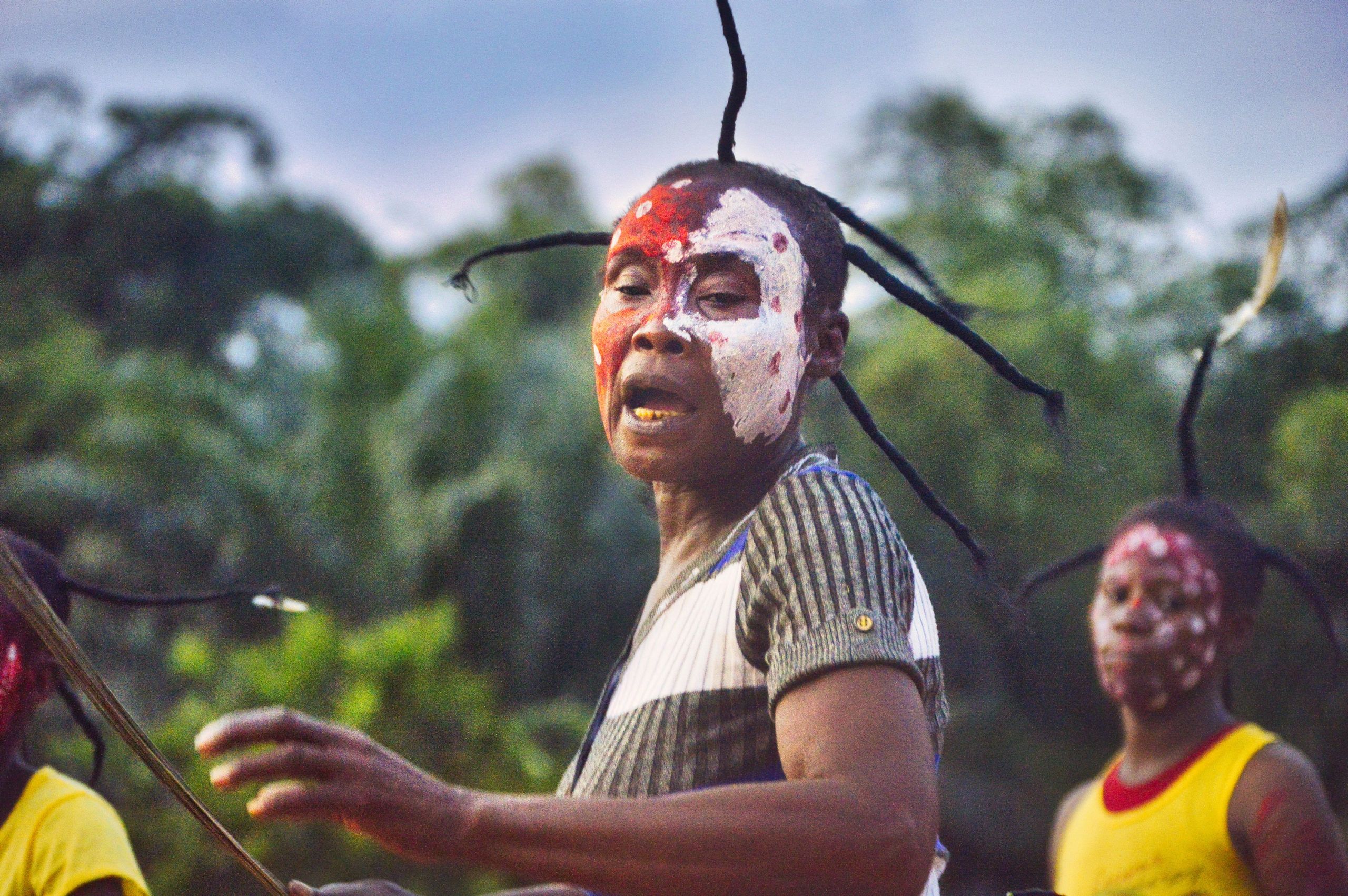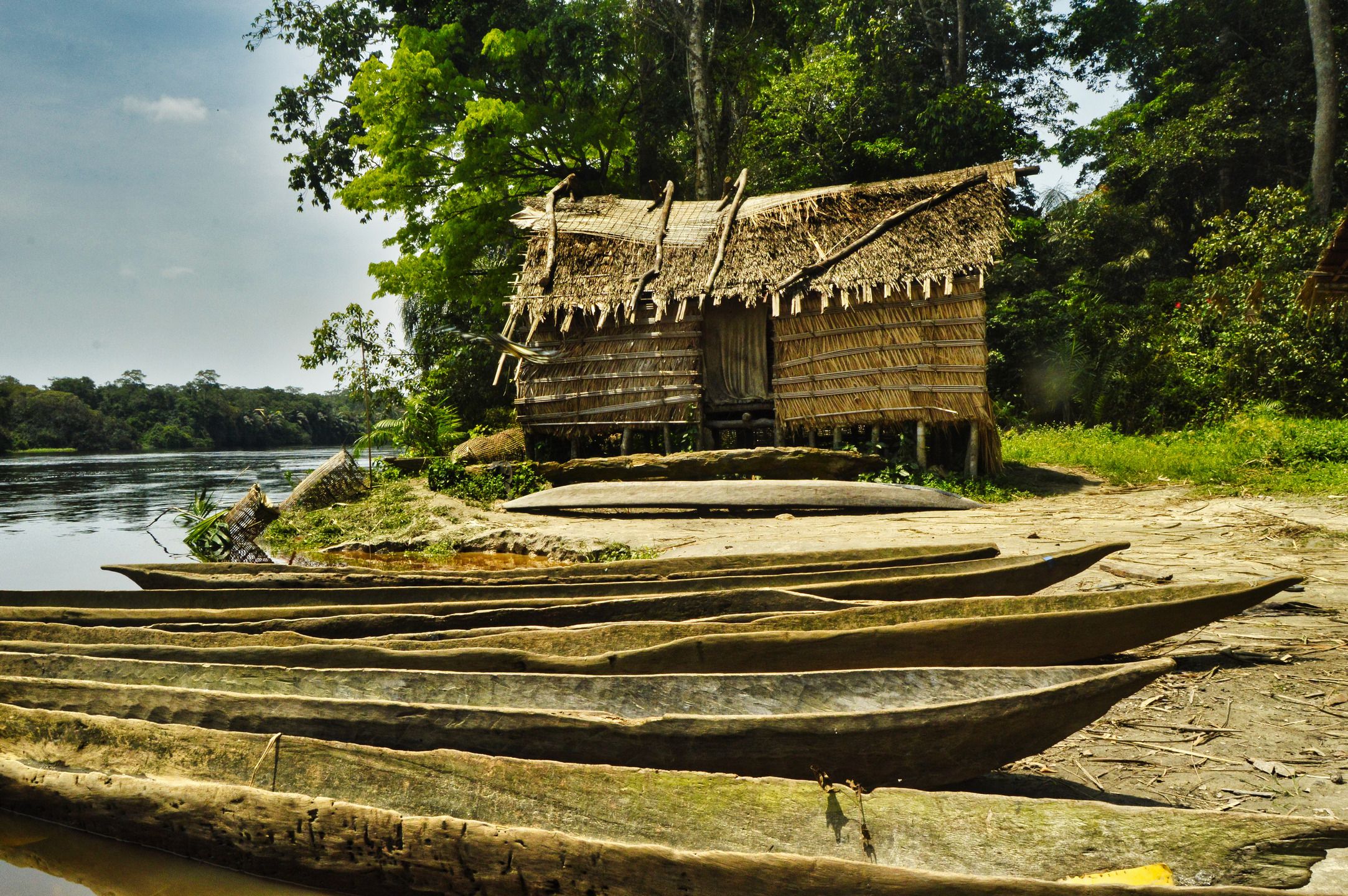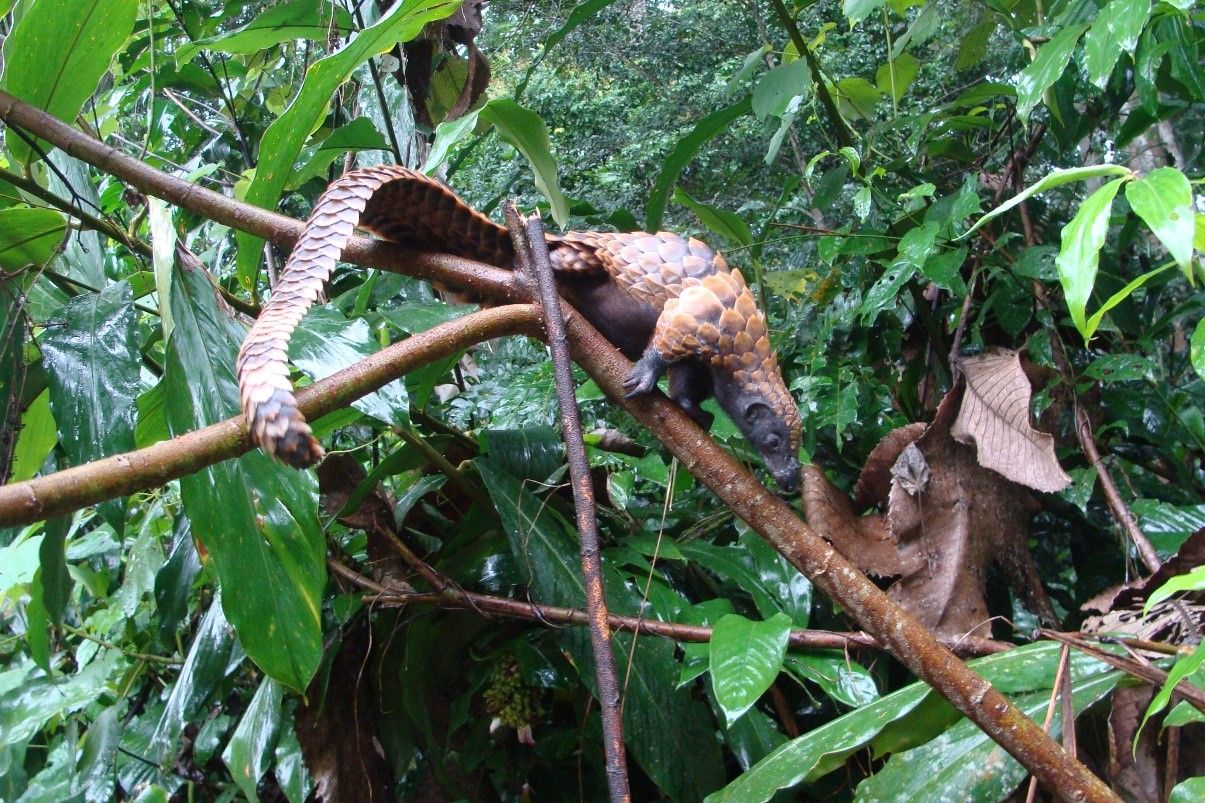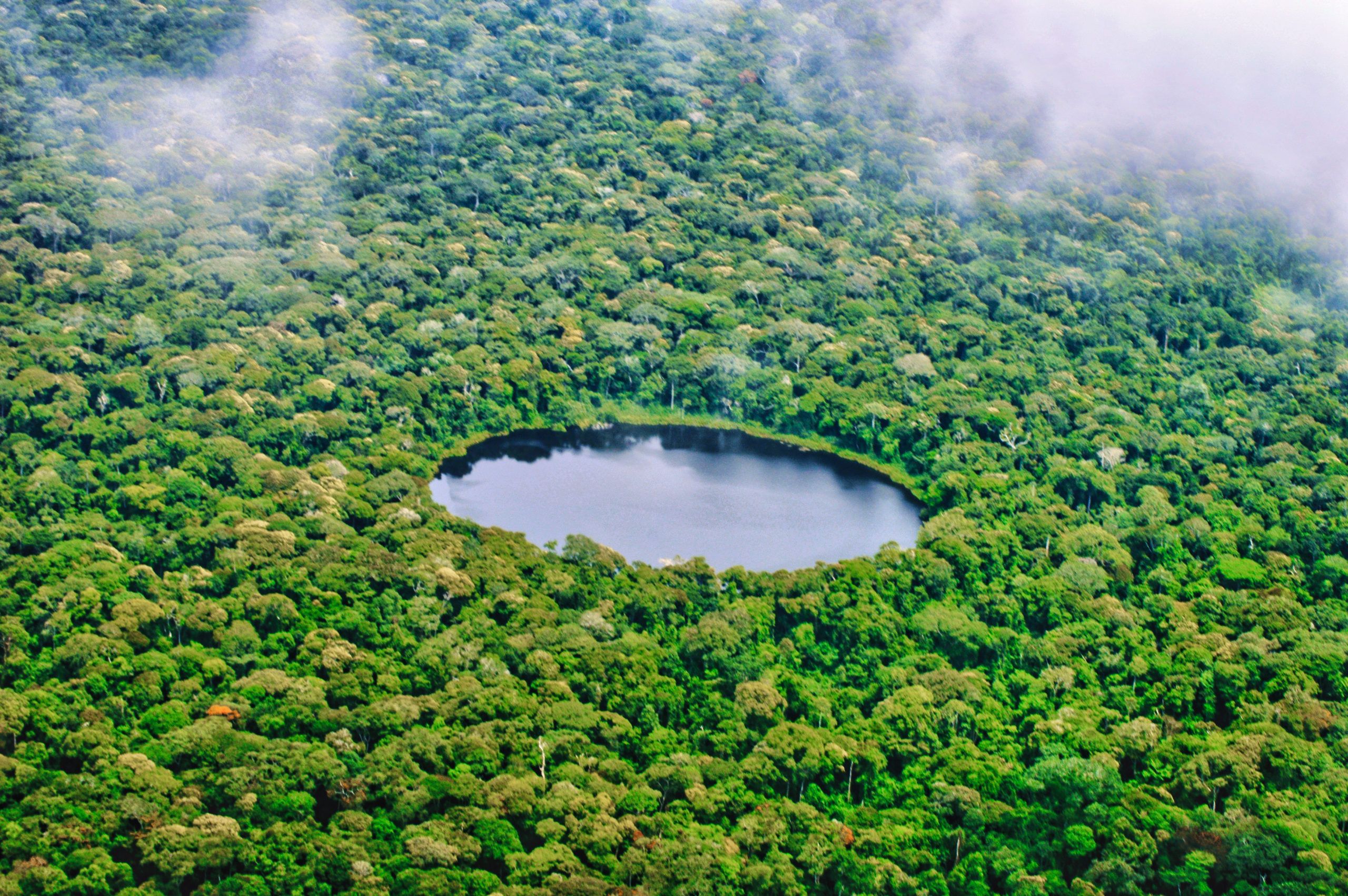Covid 19 – the situation in Salonga
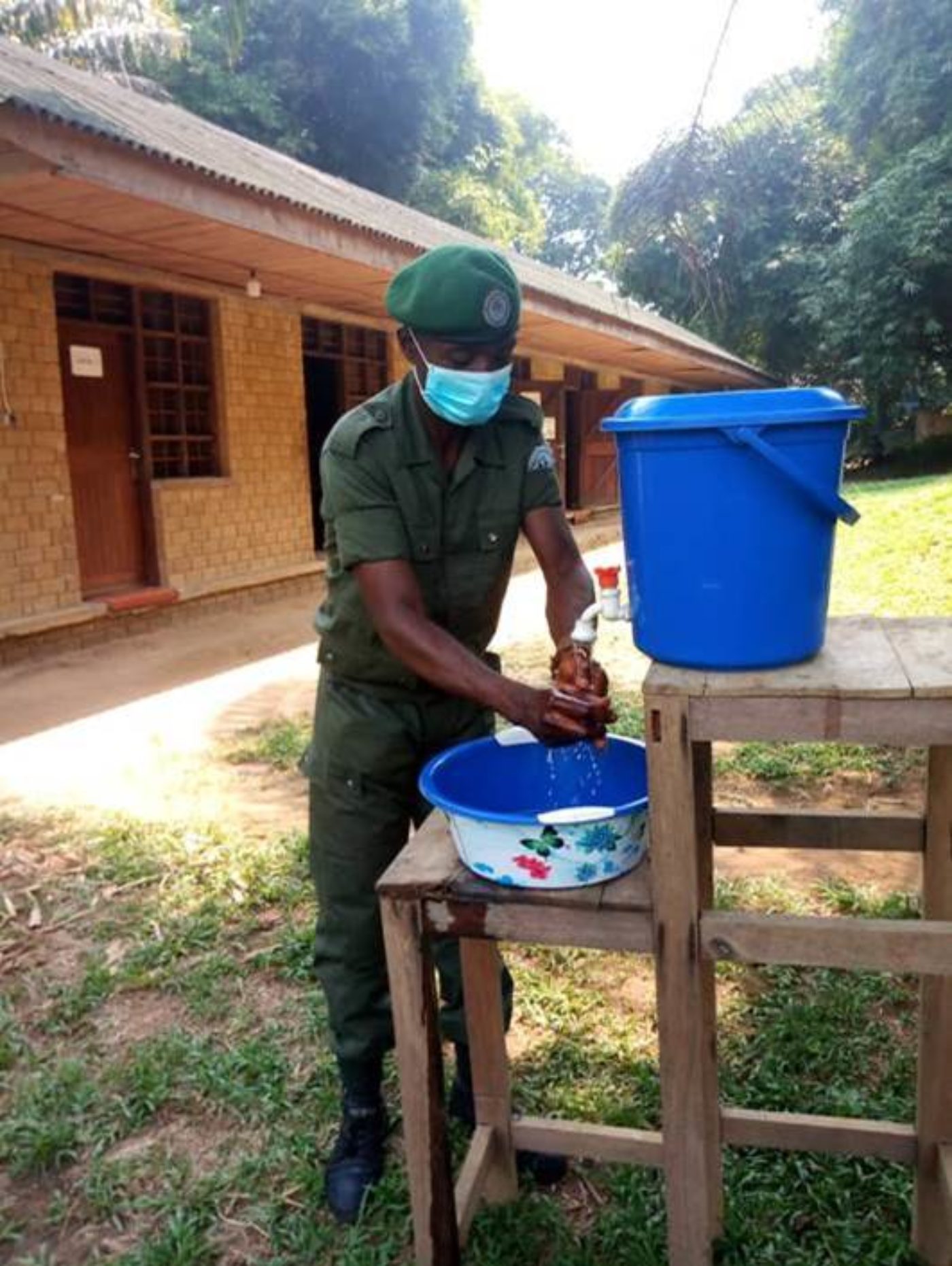
Covid-19 is a major threat to national parks that are heavily dependent on tourism. People can come in contact with wild animals and potentially transmit the virus.
Currently, tourism has been discontinued in many projects, e.g. in Dzangha-Sanga in the Central African Republic, to reduce this risk. Researchers in our projects also have clear guidelines and procedures for ensuring social distancing . All these measures should help to reduce the risk of transmission between humans and animals.
In Salonga there is no known COVID-19 cases so far, as the region is very remote. Currently, there is not any active tourism, although we are getting more requests of individuals wanting to explore Salonga. Our research projects mostly use indirect measures through camera trapping and an observation platform and thus have not posed any risk to threatened species living there.
Impacts of COVID-19 are nevertheless felt on-site, as all activities that could lead to a possible danger for humans and animals have been temporarily suspended. For example, current human rights-based ranger training courses were put on hold to avoid large crowds of people.
The trainers have therefore adapted their approach and are continuing the programme through mentoring of small patrol groups. A second phase of the training comprised of a larger number of ecoguards will be postponed until COVID-19 restrictions can be lifted again.
In addition, there are limitations with community work and rural development. Measures will be implemented where the applicable distance and assembly regulations can be maintained. This is, for example, relevant in working with schools.
Our partners and we are also raising awareness among the local population about the dangers of COVID-19 and informing them about reasonable hygiene measures. Local measures included are, amongst other things, the establishment of hand washing stations, the distribution of masks, and the support of people sewing masks themselves.
Work that can be carried out by fewer than 20 people continues as usual in the DRC. In Salonga, this includes biomonitoring in the clearings, ranger patrols, working with model farmers, coffee harvesting and other agricultural work that does not involve large groups.
